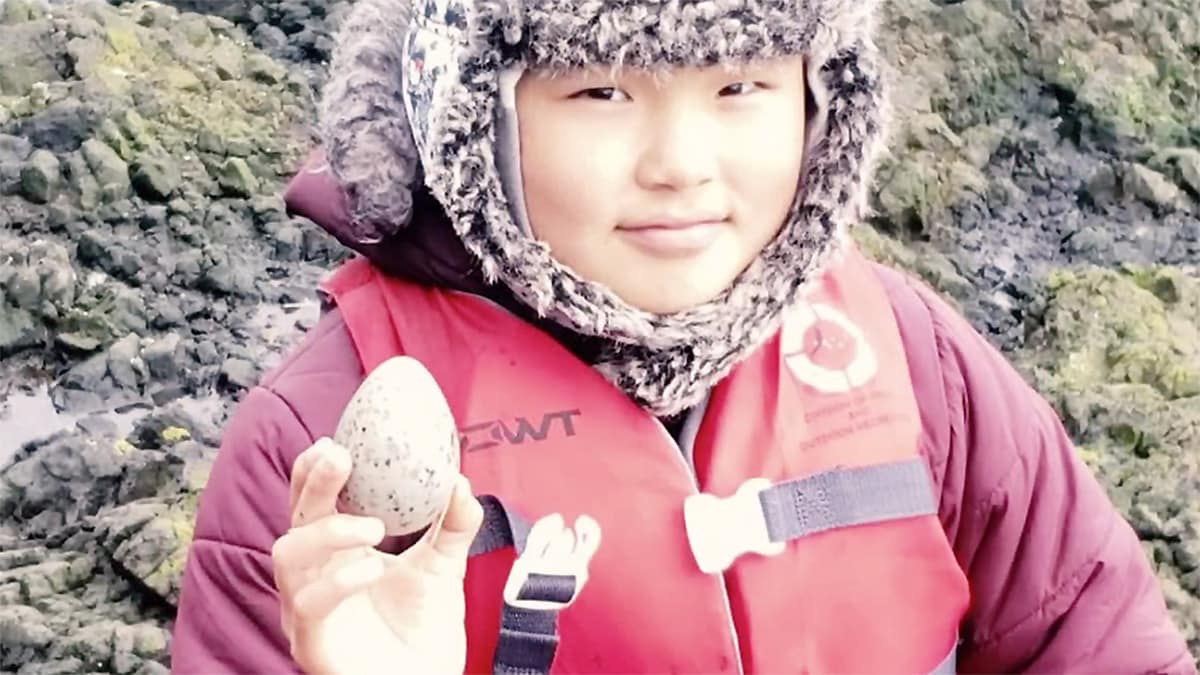Key points
- Tribal Practices for Wellness in Indian Country (TPWIC) supports tribal practices that promote cultural connectedness as a pathway to wellness and chronic disease prevention in American Indian and Alaska Native (AI/AN) communities.
- Since 2018, TPWIC has provided support for cultural teachings and practices about traditional foods, physical activities, intergenerational learning, and seasonal practices.
- TPWIC currently funds $5.1 million a year to 22 Tribes and 13 Urban Indian Organizations.

Purpose
CDC's TPWIC seeks to reduce illness and death from chronic diseases in American Indian and Alaska Native (AI/AN) communities by promoting wellness, resilience, and use of cultural practices.
Background
In close collaboration with tribal cultural leaders, CDC identified traditional and cultural practices that:
- Strengthen community, family, and cultural connections.
- Support physical, mental, emotional, and spiritual health.
- Improve well-being within AI/AN communities.
These practices have served as the foundations of the TPWIC program since 2018.
Why it matters
AI/AN communities have strong resilience due to their rich cultures and traditional ways of life.
- Cultural teachings and practices have always been central to these communities, providing strength and support for healthier lives.
- Traditional practices can strengthen connections within AI/AN communities and families, helping to reduce chronic disease risks.
Federal programs had not previously supported these traditional strategies, which may have limited the uptake and effectiveness of chronic disease prevention programs.
TPWIC uses these practices to build healthier and EVEN more resilient communities.
What we do
Through TPWIC, CDC funds American Indian tribes, Alaska Native villages, tribal organizations that work with tribes, and Urban Indian Organizations.
TPWIC works with funded recipients to support six key strategies:
- Family and community activities: Programs that connect cultural teachings with health and wellness.
- Seasonal practices: Cultural traditions that promote health throughout the year.
- Community wellness: Social and cultural activities that improve the health of communities.
- Intergenerational learning: Opportunities for sharing knowledge between generations to build resilience.
- Healthy eating: Teachings about and use of traditional healthy foods to promote health, nutrition, and sustainability.
- Physical activities: Traditional and contemporary physical activities that strengthen well-being.
TPWIC works closely with local leaders and community members to ensure they have the opportunities, resources, and support to promote their community's health and well-being.
Impact is seen through:
- Increased cultural connectedness.
- Strengthened social connectedness.
- Greater consumption of healthy traditional foods.
- More physical activity in communities.
